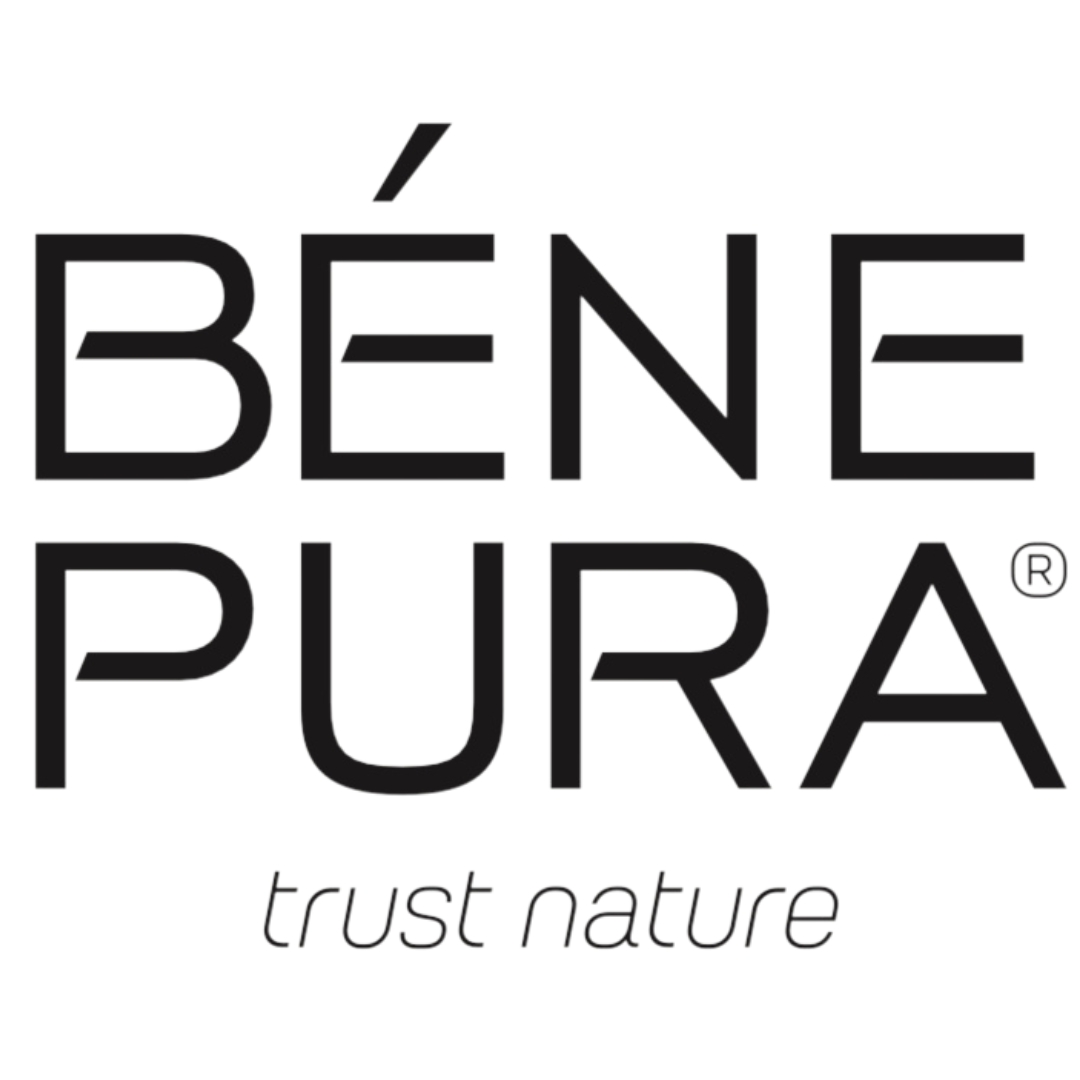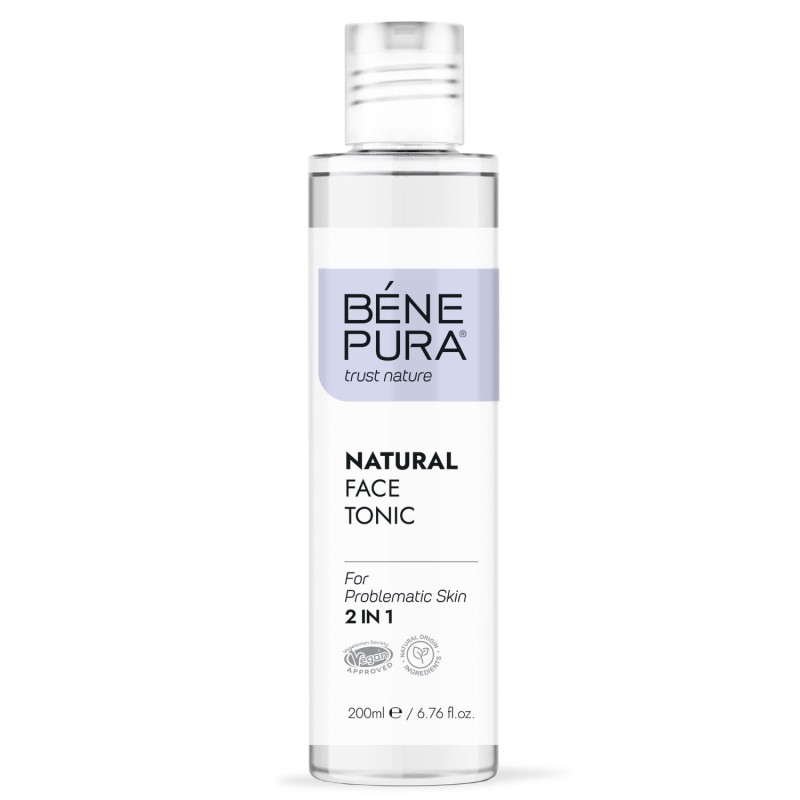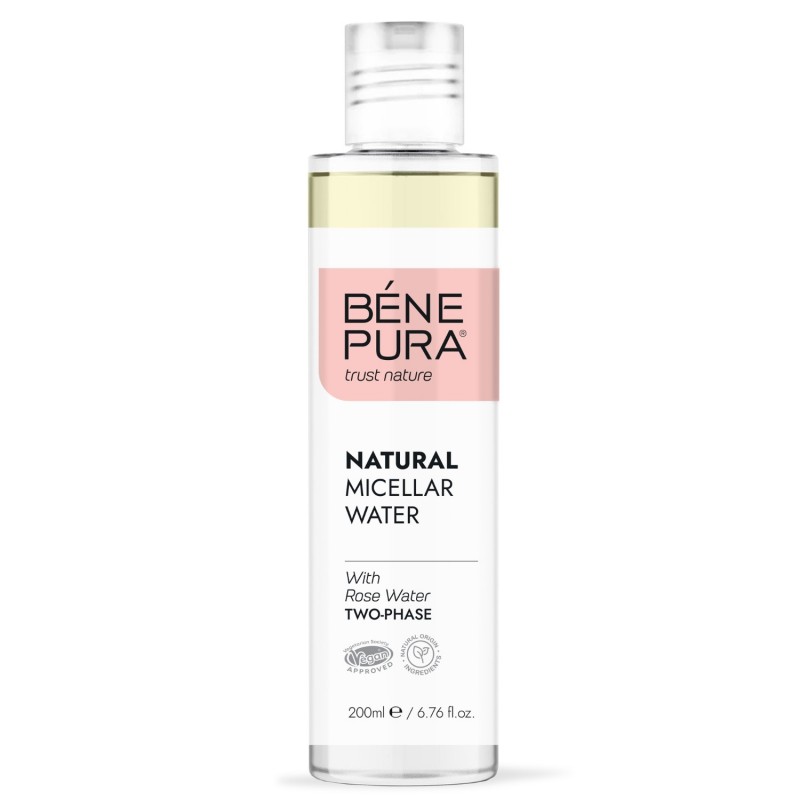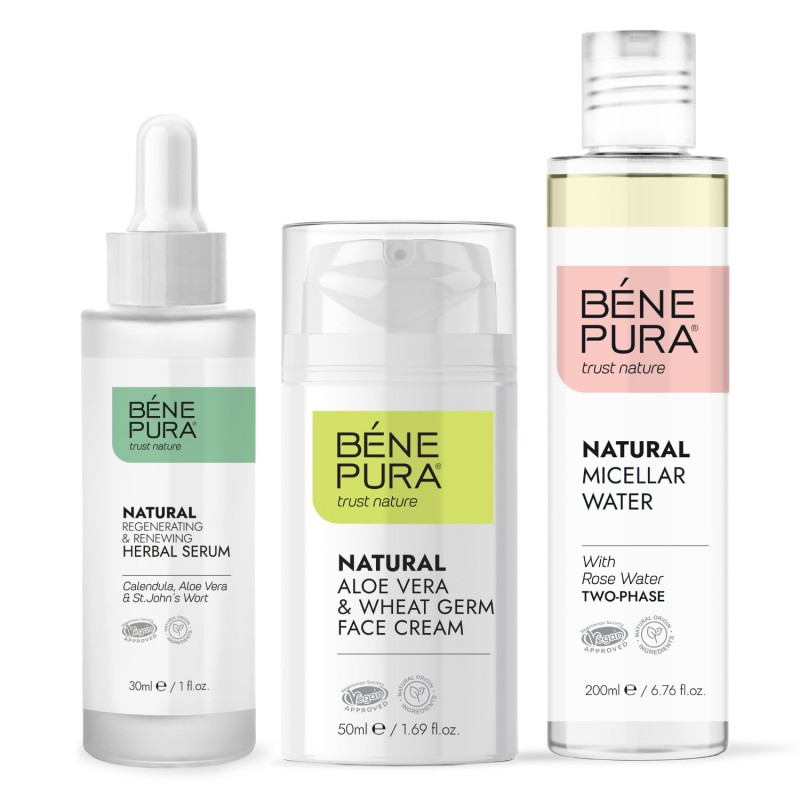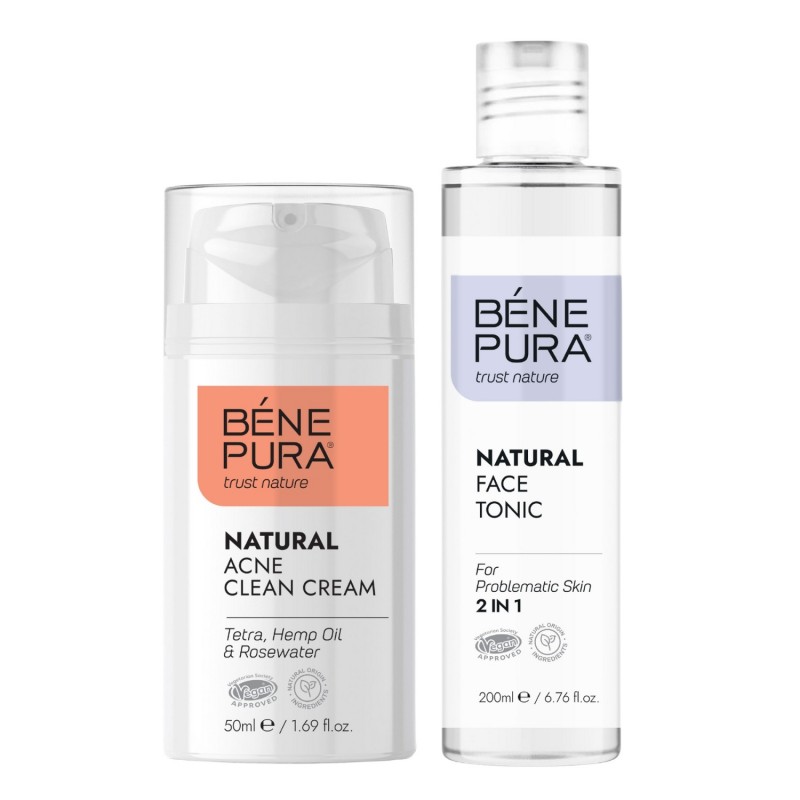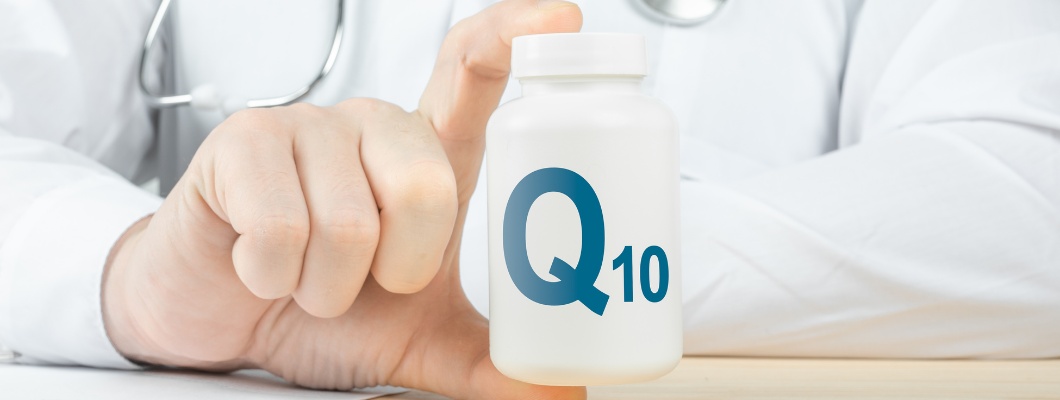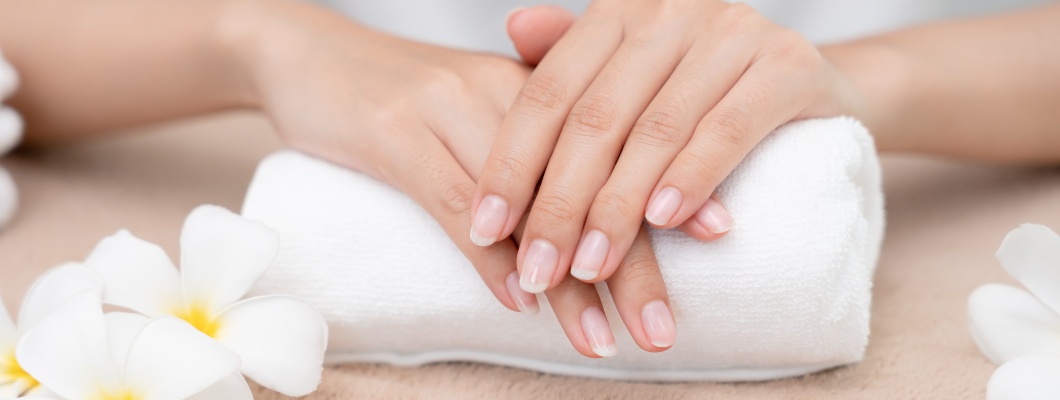Facial Cleansing: The Best Methods for Every Skin type

The skin on the face is the most exposed part of the body. Every day it is exposed to dirt, dust, environmental toxins, bacteria and cosmetic product residues.
All of these factors can lead to clogged pores, acne, irritation and even premature skin aging - regular and proper facial cleansing is not just a cosmetic procedure but a necessity for maintaining healthy, fresh and radiant skin.
Many people underestimate the importance of cleansing, relying on just water or unsuitable soaps that dry and irritate the skin.
Effective care begins with properly selected products and appropriate techniques that not only remove impurities but also prepare the skin for the next steps of the care routine - toning, hydration and protection.
In this article we will look at the basic principles of facial cleansing, explain which products are best suited for different skin types and share practical tips for building an effective skincare routine.
Table of Contents
1. What is Facial Cleansing?
Facial cleansing is a process that involves removing dirt, excess sebum and accumulated toxins from the surface of the skin.
Facial cleansing is not limited to just removing makeup or rinsing with water.
This is a carefully selected and structured process that may include various stages - using cleansing products, exfoliating procedures, toning and nourishing.
The main functions of facial cleansing are:
- Removing impurities - during the day the skin collects dust, bacteria and cosmetic residues that need to be cleaned to prevent irritation and infections;
- Regulating sebum - the skin naturally produces sebum but excessive accumulation can lead to oily shine, clogged pores and the appearance of blackheads;
- Ensuring better absorption of products - when the skin is clean it more easily absorbs hydrating and nourishing ingredients from serums and creams;
- Preventing skin problems - regular cleansing reduces the risk of inflammation, redness and the formation of imperfections.
Differences between morning and evening cleansing
- In the morning, the skin is cleansed to remove excess oil and toxins accumulated during the night and to prepare it for daily care;
- In the evening, cleansing is even more important because it must remove accumulated dirt, makeup and sebum to allow the skin to regenerate during the night.
2. Why is Facial Cleansing so Important?
Cleansing your face is the first and most important step in your daily beauty routine. Your skin is exposed to many factors that affect its condition - polluted air, climate conditions, makeup, sebum and bacteria.
The importance of cleansing is not just about appearance - it is critical for skin health because it removes harmful agents and helps it function properly.
1. Removes accumulated dirt
Throughout the day the skin is exposed to dust, sweat, bacteria and other external pollutants that accumulate on its surface.
Even if you don't wear makeup your skin retains microscopic particles from the environment that can penetrate your pores.
If these contaminants are not removed:
- Pores can become clogged, leading to blackheads and pimples;
- The skin can lose its natural glow and look tired;
- Toxin buildup can cause inflammation and redness.
Cleansing with the right products helps eliminate these harmful factors and keeps the skin clean and healthy.
2. Prevents premature aging

One of the main causes of wrinkles and loss of elasticity is oxidative stress caused by accumulated pollution and free radicals.
If the skin is not cleaned properly it loses its ability to regenerate which leads to:
- Faster formation of fine lines and wrinkles;
- Loss of tone and elasticity;
- Increased sensitivity and tendency to irritation.
Regular cleansing removes free radicals and impurities that contribute to aging and helps the skin repair itself more effectively.
3. Regulates sebum and maintains skin balance
Sebum is the natural oil produced by the sebaceous glands, playing an important role in protecting the skin.
However when it is produced in excess and not removed properly it can cause a number of problems, including:
- Shine and oiliness, especially in the T-zone (forehead, nose, chin);
- Enlarged pores and acne-proneness;
- Irritation and inflammation.
On the other hand, overly aggressive cleansing can lead to the opposite effect - excessive drying of the skin which causes the sebaceous glands to compensate by producing even more sebum.
Therefore it is important to use cleansing products that maintain the natural balance of the skin without drying it out or making it excessively oily.
4. Improves the effectiveness of cosmetic products
When the skin is dirty and clogged it cannot effectively absorb the beneficial ingredients from serums, creams and other cosmetic products.
Regular cleansing ensures:
- Deeper penetration of active ingredients;
- Better hydration and nourishment;
- Faster and more visible results than other steps in the care routine.
If you want to get the most out of your beauty products, always start with well-cleansed skin.
5. Prevents skin problems and inflammation
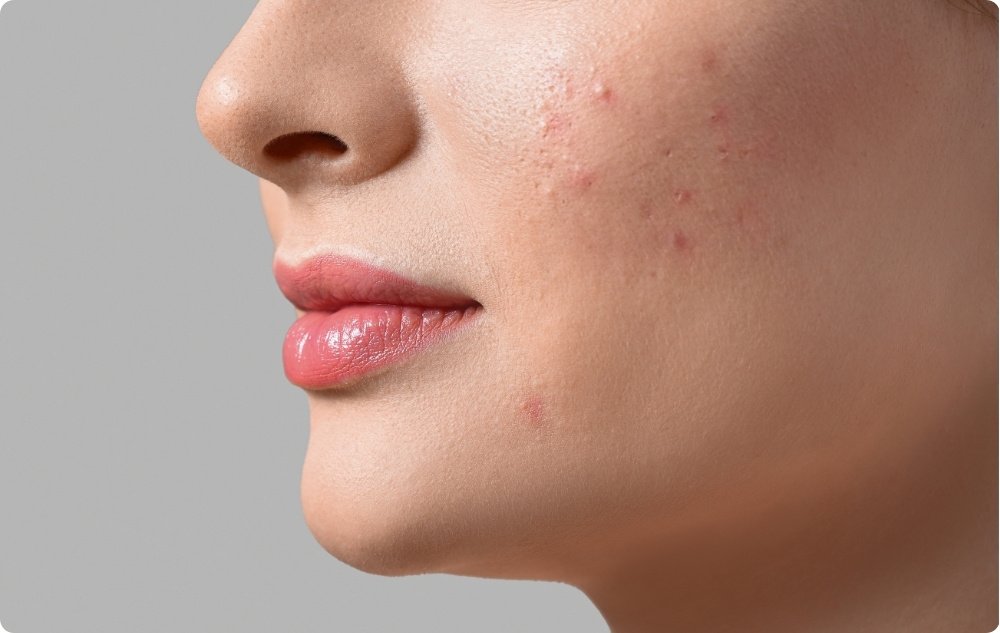
Poor hygiene and bacterial buildup can lead to various skin problems, including:
- Acne - clogged pores and inflammation caused by the accumulation of sebum and bacteria;
- Dermatitis - irritation, itching and redness, often caused by poor hygiene or incorrect cleansing products;
- Hyperpigmentation - incorrect cleansing can lead to the accumulation of dead cells that unevenly retain pigment.
To avoid these problems it is important to follow a regular and proper cleansing routine tailored to your skin type.
3. How to Choose the Right Products?
Choosing the right cleansers is key to skin health. Using the wrong formulas can cause irritation, excessive dryness or excessive oiliness.
Not every product that seems popular or expensive will be right for your skin. To build an effective routine you need to understand what your skin type is, what its specific needs are and which ingredients to look for or avoid.
Determine your skin type
Before choosing a cleansing product it is important to understand which type your skin belongs to.
There are five main types:
- Oily skin - characterized by excessive sebum production, enlarged pores and a tendency to develop acne. Requires cleansing products that regulate sebum without excessively drying the skin;
- Dry skin - lacks natural moisture, often looks tight, flaky and sensitive. Requires gentler, hydrating cleansing products;
- Combination skin - contains characteristics of dry and oily skin at the same time. Oiliness is often observed in the T-zone and dryness in the rest of the face;
- Sensitive skin - prone to redness, irritation and allergic reactions. Requires products with a minimum content of aggressive ingredients;
- Normal skin - balanced, without excessive oiliness or dryness. Still needs quality cleansing care to stay healthy.
Choose appropriate cleansing products
There are a variety of cleansing products on the market, but not all are suitable for every skin type.
- Gel cleansers - ideal for oily and combination skin, as they cleanse deeply and remove excess sebum;
- Foaming cleansers - often contain active cleansing agents that help regulate oiliness. Suitable for oily and problematic skin;
- Oil cleansers - dissolve makeup and impurities without drying out the skin. Excellent for dry and sensitive skin;
- Micellar water - suitable for all skin types, especially for those looking for quick and effective makeup removal without additional rinsing;
- Creamy cleansers - gentle and hydrating, suitable for dry, sensitive and mature skin;
- Exfoliating cleansing gels - contain mild abrasive particles or acids that remove dead skin cells. A good choice for oily and combination skin, but should not be used daily.
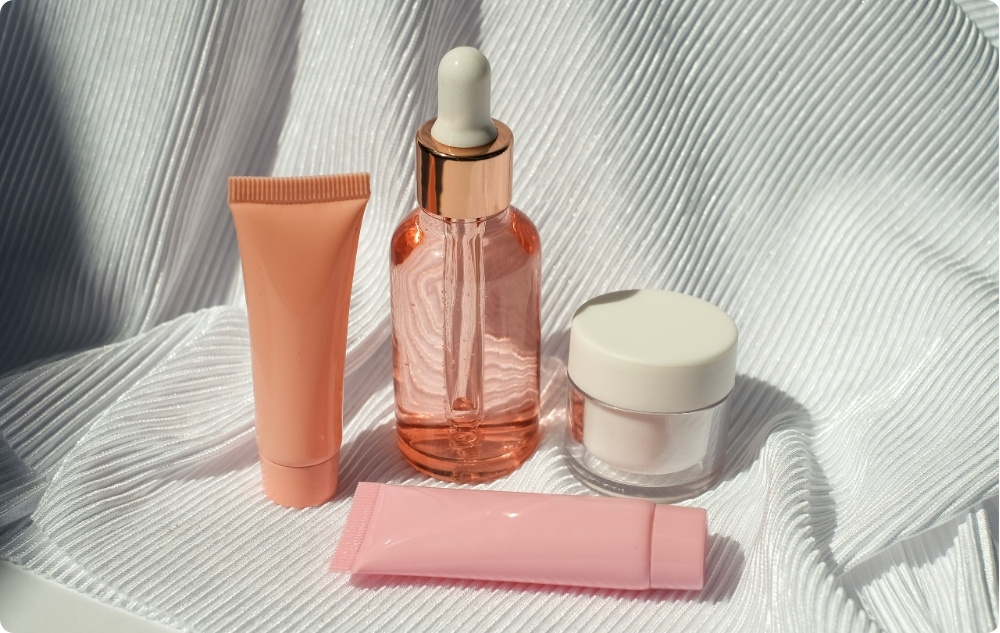
Distinguish between beneficial ingredients and those you should avoid.
Depending on the skin's needs, different ingredients can be beneficial or harmful.
✅ Useful ingredients:
- Hyaluronic acid - hydrates the skin and prevents dryness;
- Niacinamide - regulates oiliness, reduces redness and improves skin texture;
- Salicylic acid - an excellent remedy against acne as it deeply cleanses pores;
- Centella asiatica - soothes sensitive skin and reduces inflammation;
- Oils (Jojoba, Argan, Almond) - provide nourishment and gentle cleansing without irritation.
❌ Ingredients to avoid (especially for sensitive skin):
- Alcohol (denatured, isopropyl) - dries the skin and can cause irritation;
- Sulfates (SLS, SLES) - aggressive cleansing agents that can disrupt the natural balance of the skin;
- Artificial fragrances and dyes - can cause allergic reactions;
- Mineral oils - create a film on the skin and can clog pores.
Choose the right cleansing product according to the season
Skin type can change depending on the weather and season so it is important to adapt your cleansing care accordingly.
Spring and Summer:
- Lighter gels and foaming cleansers are suitable for the warmer months;
- The skin produces more sebum so products with a mattifying effect can help control shine;
- It is important to use products with antioxidants to protect against harmful UV rays.
Autumn and Winter:
- More hydrating and nourishing formulas like creamy cleansers or cleansing oils are preferable;
- Skin can become drier due to cold weather so it's a good idea to avoid harsh cleansers;
- Adding cleansing products with soothing ingredients like Aloe Vera and Oat Milk can help prevent irritation.
4. Basic Steps in Facial Cleansing Care
To be effective, a facial cleansing routine needs to include several important steps that work together to keep the skin healthy, balanced and prepared for the next steps in your skincare routine.
1. Washing
Washing is the first and most basic step in cleansing care.
It removes dirt, excess sebum and accumulated bacteria.
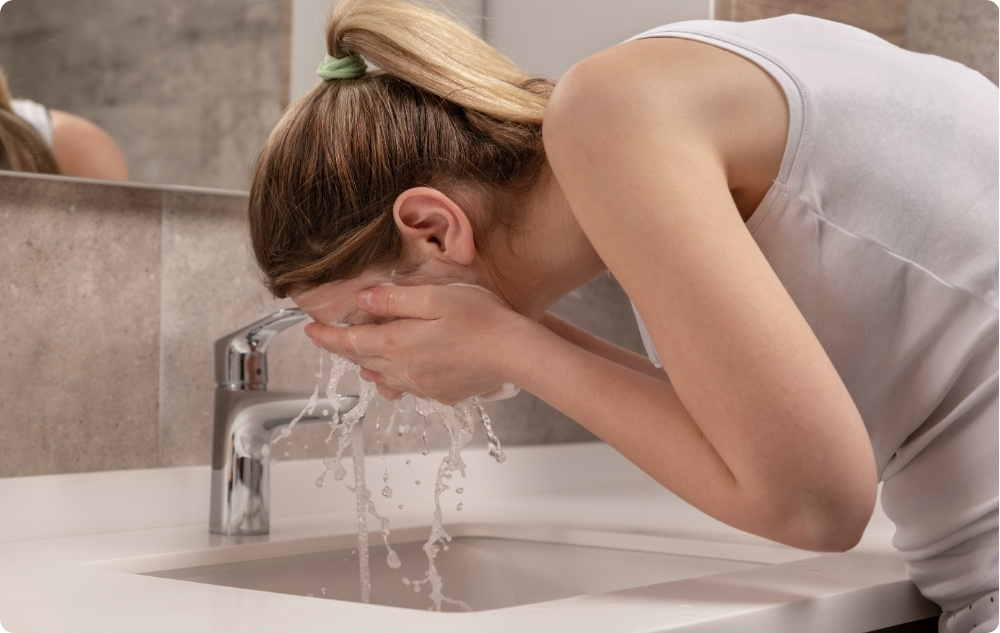
How to wash your face properly?
- Use lukewarm water - too hot water can dry out the skin and too cold water may not dissolve sebum well;
- Lather the product in your hands before applying - this helps with even distribution and better cleansing;
- Gently massage in circular motions - this stimulates blood circulation and effectively removes impurities;
- Do not use rough washcloths or sponges - they can irritate the skin and spread bacteria.
How often should you wash your face?
- In the morning - to remove sweat and sebum accumulated during the night;
- In the evening - to remove makeup, dirt and toxins from the day;
- Don't overdo it - washing too often (more than twice a day) can strip the skin of its natural oils.
2. Exfoliation
Exfoliation is a process that removes dead skin cells, resulting in a brighter and smoother appearance to the skin.
Why is exfoliation important?
- Improves skin texture and makes the complexion more even;
- Helps unclog pores and reduces the risk of blackheads and acne;
- Stimulates cell renewal which slows down the aging process.
Types of exfoliants
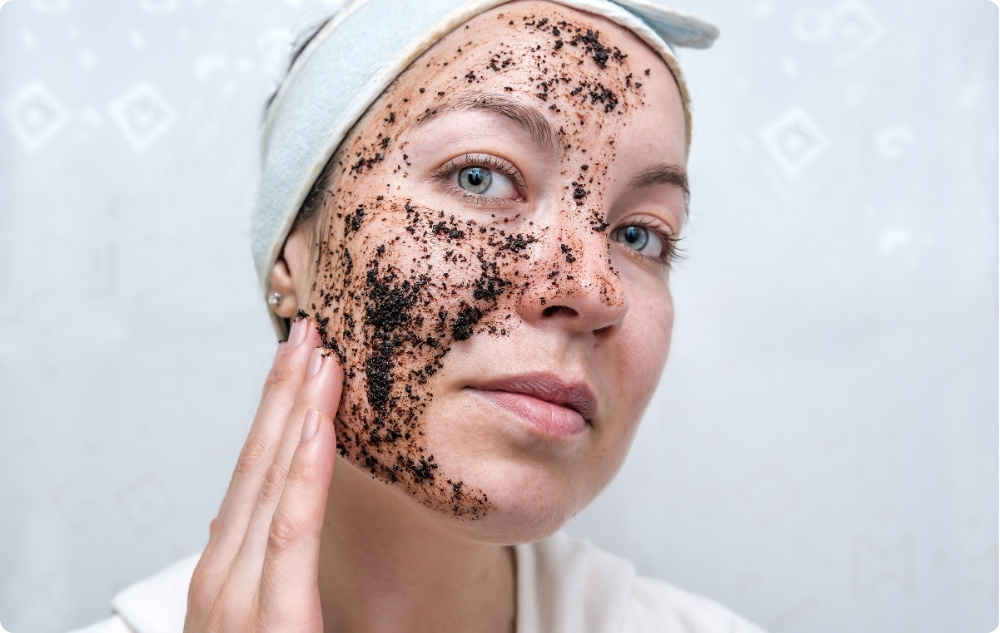
Physical (mechanical) exfoliants - contain small particles (e.g. sugar, salt, ground nuts) that remove dead cells through friction.
- They are suitable for normal and oily skin;
- They are not recommended for sensitive skin because they can irritate it.
Chemical exfoliants - contain active ingredients such as:
- AHA (alpha-hydroxy acids) - glycolic, lactic acid, which exfoliate the surface layer of the skin (suitable for dry and mature skin);
- BHA (beta-hydroxy acids) - salicylic acid, which cleanses pores in depth (suitable for oily and acne-prone skin).
How often should you exfoliate your skin?
- Oily skin - 2-3 times a week;
- Dry or sensitive skin - 1-2 times a week;
- Combination skin - 2 times a week, avoiding dry areas.
3. Toning
Toning is an often overlooked step but it plays an essential role in balancing the skin after cleansing.
What is the role of the tonic?
- Restores the skin's natural pH, which can be disrupted by cleansing products;
- Tightens pores and prepares the skin for better absorption of serums and creams;
- Refreshes and hydrates the skin, especially if it contains soothing ingredients.
What toner should you choose according to your skin type?
- For oily skin - toners with Niacinamide, Salicylic acid or Witch Hazel;
- For dry skin - hydrating toners with Hyaluronic acid or Rose water;
- For sensitive skin - alcohol-free toners with Aloe vera or Chamomile.
How to use the tonic?
- Apply it with a cotton pad or directly with your hands using patting movements;
- Allow it to absorb before continuing with the other steps.
4. Hydration

Once the skin is well cleansed and toned, it's time for hydration.
This is a step that should never be skipped regardless of skin type.
Why is hydration important?
- Keeps the skin elastic and prevents premature wrinkles;
- Helps restore the natural protective barrier;
- Provides the necessary moisture to avoid excessive oiliness or dryness.
What moisturizing product should you choose?
- For oily skin - light gels or water-based fluids;
- For dry skin - creams with a richer texture and nourishing oils;
- For sensitive skin - products without fragrances and with soothing ingredients.
How to apply moisturizing products?
- Apply to slightly damp skin for better absorption;
- Use gentle patting movements without stretching the skin.
The basic steps in facial cleansing - cleansing, exfoliating, toning and moisturizing - work together to keep the skin healthy and fresh.
It is important to adapt them to your needs and use the right products for your skin type.
5. Mistakes to Avoid
Even when you make an effort to properly cleanse your face, small mistakes can lead to unwanted skin problems.
Using cleansing products that are too aggressive
Many people think that stronger cleansing means better results, but this is not always the case.
Harsh cleansers containing sulfates, alcohol or strong acids can disrupt the skin's natural barrier and lead to dryness and flaking.
Washing your face too often
Washing your face twice a day is perfectly adequate. However, some people wash their face too often (after every sweat, before and after exercise, multiple times a day), which can lead to dehydration and overproduction of sebum.
Lack of hydration after cleansing
Some people skip moisturizing, especially those with oily skin, thinking that it will make their face even oilier.
This is a big mistake because without enough moisture the skin compensates by producing more sebum.
Sleeping with makeup on

Sleeping with makeup on is one of the worst mistakes you can make. It clogs pores, leads to inflammation and accelerates skin aging.
At night, the skin regenerates, but if it is covered with makeup it cannot "breathe" and the process is slowed down.
Inappropriate methods for drying the face
The way you dry your face after washing also matters.
Many people use rough towels or rub their skin vigorously which can lead to irritation and stretching of the skin.
6. Conclusion
Cleansing facial care is the foundation of healthy, balanced and radiant skin.
Choosing the right products, cleansing regularly and avoiding common mistakes help prevent imperfections, dehydration and premature aging.
It is important to adapt your routine according to your skin type and the season, ensuring gentle but effective cleansing.
